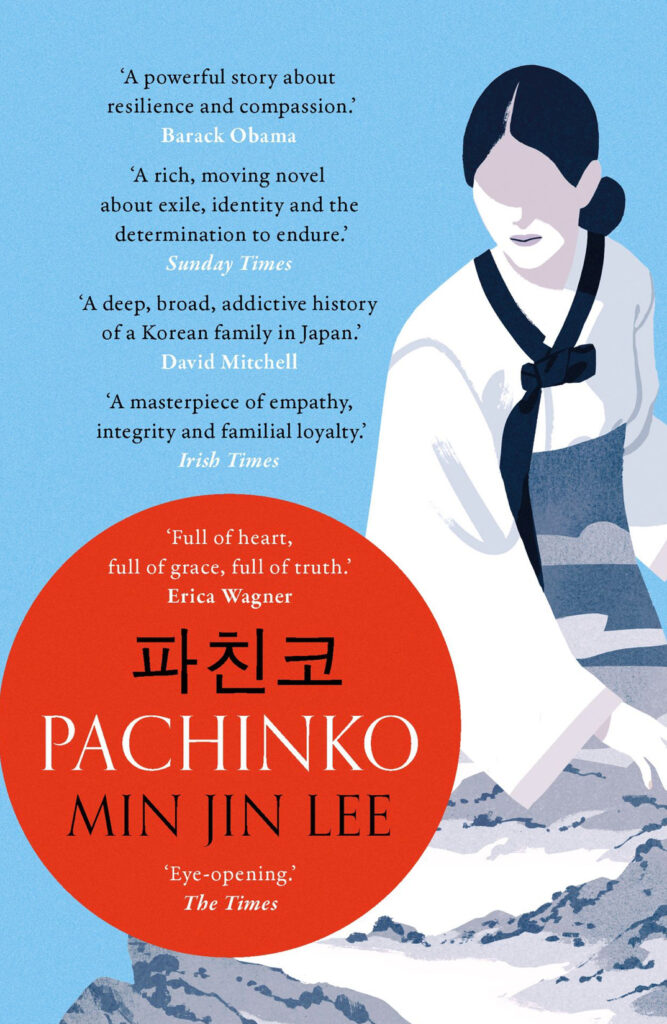
Book Summary
“Pachinko,” a novel by Min Jin Lee, unfolds over the 20th century, tracing the lives of a Korean family in exile in Japan. It begins with teenage Sunja, the cherished daughter of a crippled fisherman, who falls for a wealthy stranger at the cusp of World War II. When she discovers she is pregnant and learns her lover is married, Sunja refuses to be bought off and instead accepts a marriage proposal from a kind, tubercular minister passing through on his way to Japan.
In Japan, Sunja and her family face deep-seated racism and struggle to find their place in a society that regards Koreans as second-class citizens. The narrative spans four generations, exploring themes of identity, survival, and the inescapable ties of family. Despite the hardships they endure, including poverty, illness, and the cultural stigma of their ethnic heritage, they never lose the will to persevere and achieve a better life.
“Pachinko” is so named for the popular Japanese arcade game – a game of chance that symbolizes life’s random and often uncontrollable aspects. The game becomes a recurring motif as the family’s connection with pachinko parlours grows and impacts their livelihood.
The book delves deeply into the challenges faced by Zainichi Koreans (ethnic Koreans in Japan), depicting their resilience amid the shifting cultural and political climates of the 20th century. Though it is a work of fiction, “Pachinko” draws on extensive historical research to accurately convey the Korean immigrant experience in Japan.
Book review – 10/10
As I closed “Pachinko,” it felt as though I was parting from family. Min Jin Lee’s tale deeply moved me, weaving a compelling narrative of a Korean family’s trials and resilience in Japan that resonated with my own sense of identity.
The journey through its pages was personal and transformative, not merely a story but an experience that lingered well beyond the final words. The characters had become dear to me, and leaving them behind felt like a genuine loss. “Pachinko” left an indelible mark on me, reminding me of the enduring human spirit—a tale that lives on in my thoughts and emotions.
